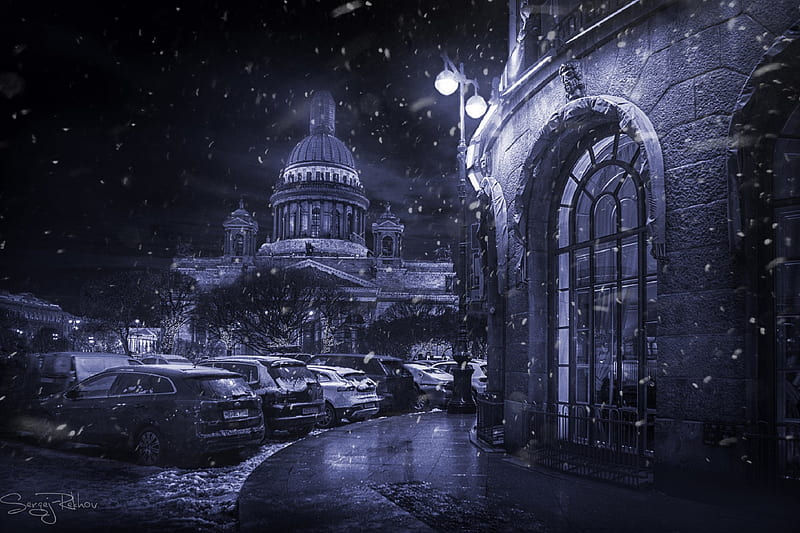Notes from Underground
- Spartan Stoic

- Nov 10, 2022
- 3 min read
by Fyodor Dostoyevsky
Dostoyevsky is better known for The Brothers Karamazov,Crime and Punishment or The Idiot, but let’s begin by reviewing one of his smaller and less famous works. In Notes from Underground, the 19th century Russian writer puts forward arguments against rational egoism, utopianism, writing about the end of religious ideals and a transitory Russia. Like some of his other books, it fits into part of his narrative of Brothers Karamazov, which has often been hailed as his greatest work pulling several of his other books’ themes together. Even before Nietzsche, Dostoyevsky was responsible for prophetic forecasting of the horrors of Soviet Russia, posited problems of leaving religion behind, as well as deep psychological investigation into the human condition.
In 1864 when Notes from Underground was published, Russia was still moving from tsardom, increasingly influenced by the West and unsure of it’s future. Much of the perspective reflects this uncertainty, albeit Dostoyevsky seems to have penetrating insight compared to most writers.
Setting and imagery
Set in St Petersburg, a retired civil servant, who goes unnamed but is often known as ‘the underground man’, begins with a confession that is really more of an extended rant, attacking contemporary Russian philosophy and determinism. It outlines many of the points Dostoyevsky is trying to make, as mentioned above.
The second half of the book details a couple of events in the underground man’s life, a visit he has to a dinner party, and his interactions with a prostitute. But many are the clever allusions that are easy to miss that there may not be a lot of imagery, but you have to consider every sentence. For example, when the underground man leaves the prostitute, he tries to give her money, which she deliberately leaves behind in his home. She wants to show herself as more than just a prostitute, as their interactions before this justify; they developed an emotional connection that the underground man wants to deny. He wants her idealistic utopianism to stay where it is, as a prostitute, as he believes things won’t improve, and as a result desperately chases after her to give her the money back in symbolic rejection.
The bleak snow of St Petersburg that seems to permeate several scenes is reflective of the Underground Man’s alienation from life: it is the dreary atmosphere of his outlook pervading everything he sees around him. The changes of society are bleak to him.

Story and plot
The underground man is arrogant, rude, conceited, and downright unlikeable, but some of the arguments hidden behind this veneer are solid. Is the departure from traditional values in Russia worth the nihilistic emptiness left behind? What does it leave behind?
His resentment and alienation are evident: he is cruel to the prostitute unnecessarily, but you sense that his resentment must be unleashed when she tries to present optimism. He is cruel to his servant, although it is less clear how one sided this is. But given his interactions at the dinner party, you sense that his servant is reacting to The Underground Man rather than the other way around. At the party, he rudely invites himself, acts terribly during the event, and then wants to get revenge on them despite his own volatility and belligerence.
One of the guests, Zverkov, has several characteristics coming from a distortion of the philosopher Rousseau: the man of nature and truth which the Underground man mentions in his rant at the beginning of the book. The underground man exchanges Rousseau’s term with “the unconscious man,” reviling the latter’s blind faith. Nevertheless, the underground man feels inadequate compared to his so-called unconscious rival. You’re left with a picture of his alienation at the way society is going, rightly or wrongly, and it permeates his treatment of other people, his proselytising, and his perception of himself.
Readibility
Many of the allusions and references can be tricky to spot: for example, he attacks contemporary philosophy, satirizes other writers and more. But the language is for the most part easy to read, you just might not get all of the references without reading or thinking more deeply about it.
Final score
A uniquely skilful writer, Notes from Underground may not be as well recognised as Dostoyevsky’s other works, but it’s easy to read in a single sitting and thought provoking. Well worth a read and a good introduction to a uniquely insightful writer.
8/10



